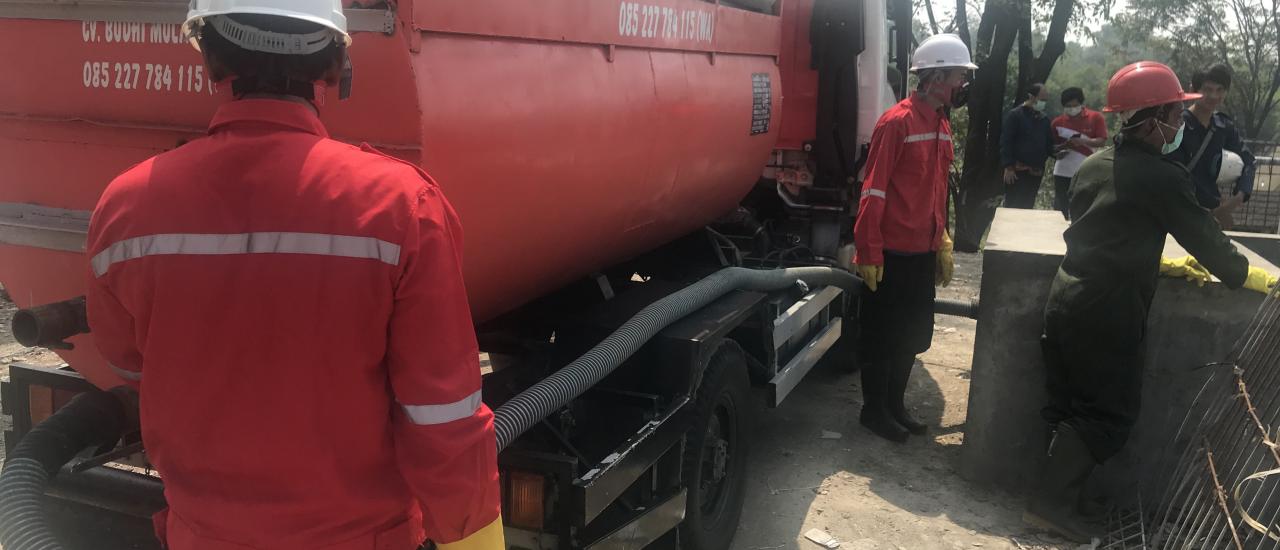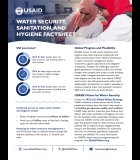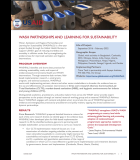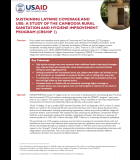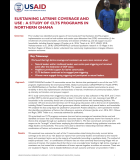In Indonesia, safe sanitation is a big challenge that goes beyond just access to a toilet. The vast majority of the country’s human waste is released untreated into the environment with devastating consequences — approximately 100,000 children across Indonesia die every year from diarrheal diseases. In fact, approximately 90 percent of groundwater in Jakarta, the country’s massive capital city, is contaminated with E. coli bacteria.
Some communities are still learning about the dangers of unsafe sanitation and the high rate of water contamination. “People in urban areas say, ‘But we do have a toilet, so we’re okay,’” says Lina Damayanti, advocacy and communication advisor with USAID’s Indonesia Urban Water, Sanitation and Hygiene Penyehatan Lingkungan untuk Semua (IUWASH PLUS) project. The problem is that most of these toilets empty raw sewage directly into the environment, not into a septic tank or municipal sewage system. The Government of Indonesia has committed to changing this and achieving the Sustainable Development Goal of universal access to safely managed water and sanitation by 2030. Through the five-year (2016–2021), $48.4 million IUWASH PLUS project, USAID is building the Government of Indonesia’s capacity to reduce barriers to safely managed water and sanitation services and improve hygiene practices. One of the main barriers is that the poor can not afford the cost to connect to the improved services and the utilities lack access to alternative financing.
Read the full article on Global Waters on Medium.


